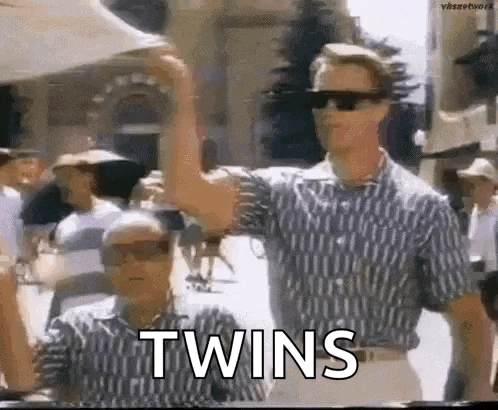Life’s most profound lessons often come from extraordinary experiences. For astronaut Ronald Garan, 178 days aboard the International Space Station (ISS) reshaped his understanding of humanity’s place in the universe—and revealed a sobering truth about our collective delusions.
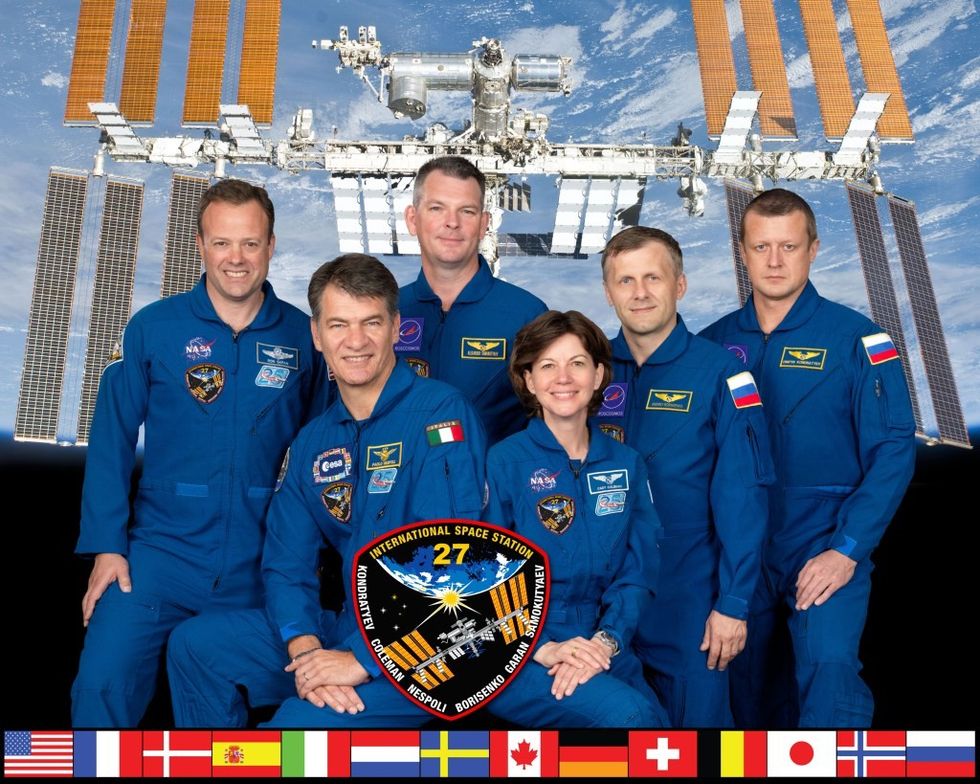
During three missions between 2008 and 2011, Garan witnessed Earth’s fragility firsthand, according to NASA. In an interview with Big Think, he reflected on how space altered his perspective: “When we see our planet from the perspective of space, certain things become undeniably clear. We keep trying to deal with issues such as global warming, deforestation and biodiversity loss, as standalone issues, when in reality, they're just symptoms of the underlying root problem. And the problem is that we don't see ourselves as planetary.”
"I saw an iridescent biosphere teeming with life. I didn’t see the economy.” — Ronald Garan
From the ISS, Garan marveled at Earth’s beauty—lightning storms, auroras, and the razor-thin atmosphere shielding all life. This “paper-thin” layer, he realized, underscores our interconnectedness. Yet humanity’s systems, he argues, operate in reverse: “Since our human-made systems treat everything, including the very life-support systems of our planet, as the wholly-owned subsidiary of the global economy, it’s obvious from the vantage point of space that we’re living a lie.”
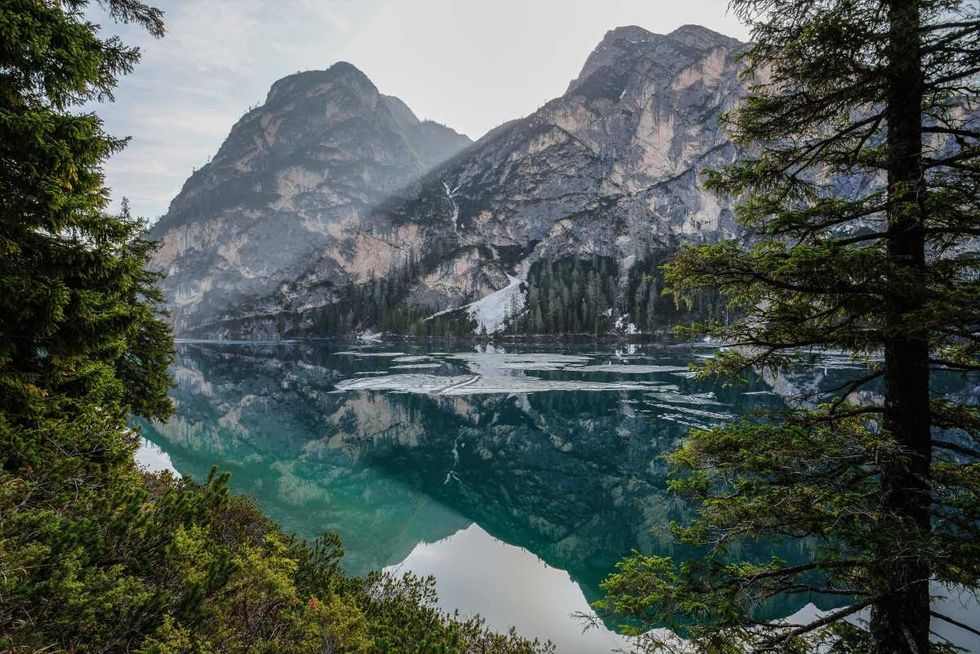
This awakening isn’t unique to Garan. Many astronauts experience the “overview effect,” a cognitive shift where Earth’s unity eclipses borders and divisions.
“The overview effect describes the shift that astronauts have when they see the planet hanging in the blackness of space. There’s this light bulb that pops up where they realize how interconnected and interdependent we all are,” he explained.
For Garan, this meant reordering priorities: “planet, society, economy,” not the other way around.
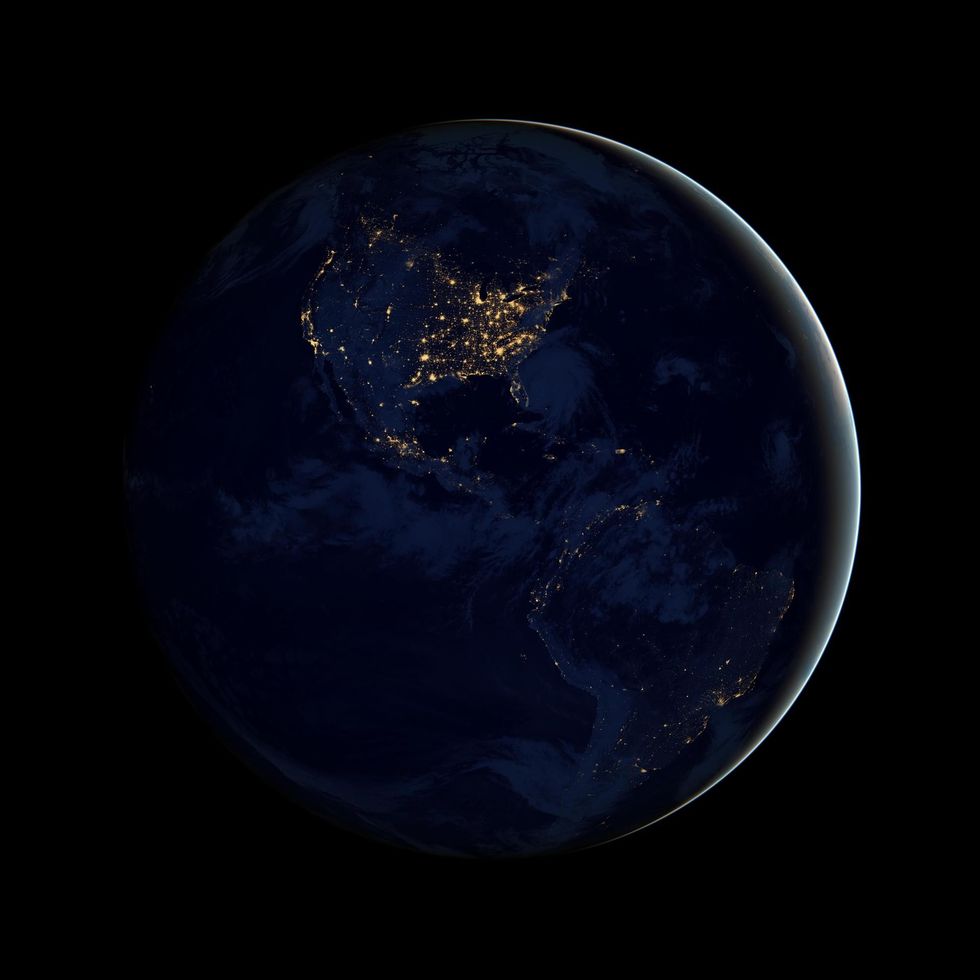
Garan’s clarity extends beyond critique. He insists humanity must embrace its role as part of Earth—not separate from it. “We’re not from Earth, we’re of Earth. And to take that one step further is that we’re not in the universe, we are the universe,” he said.
Despite looming environmental crises, he remains hopeful: “I’m very optimistic because I see quite clearly a blossoming awareness of our interdependent nature. That awareness will eventually reach a critical mass… and we’ll be able to solve the problems facing our planet.”
- YouTubeyoutu.be





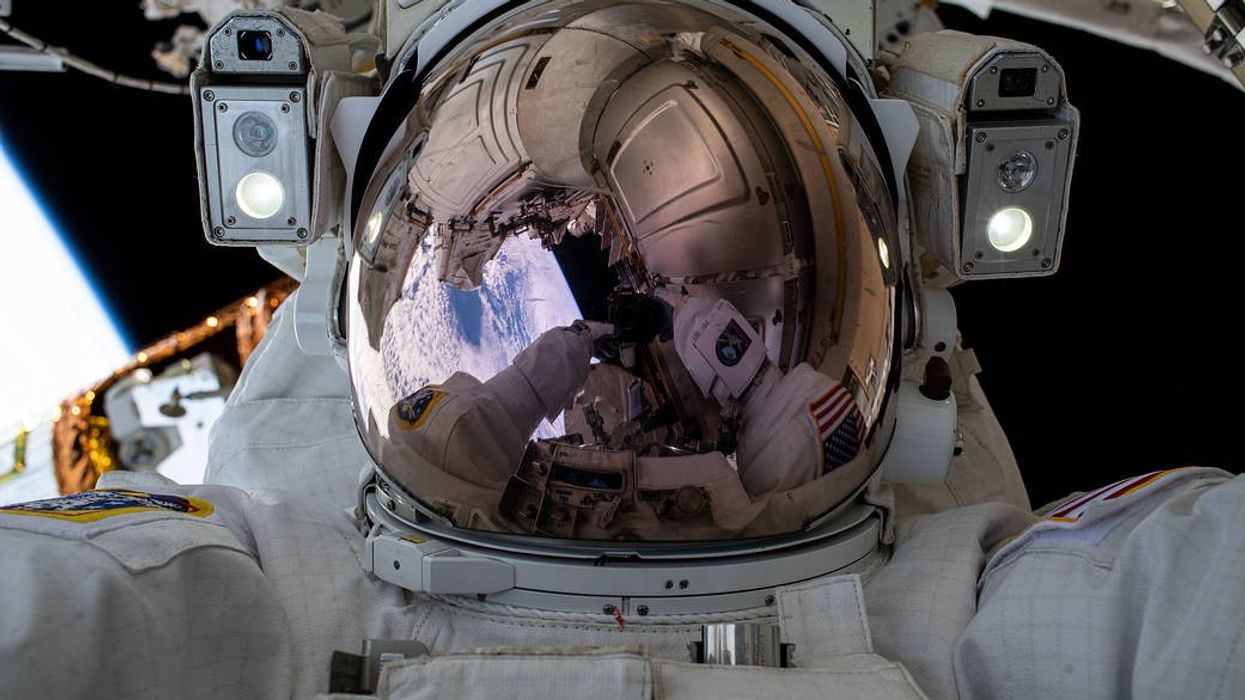

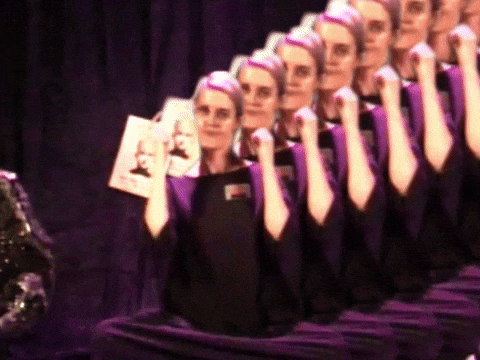





 It wasn't even February, so she wasn't expecting what came next.
It wasn't even February, so she wasn't expecting what came next.  The hug came first, the 'yes' took a few moments more.
The hug came first, the 'yes' took a few moments more. 






 Representative Image Source: Pexels | Oleksandr P
Representative Image Source: Pexels | Oleksandr P  Layout of the plane seatsImage Source: Mumsnet |
Layout of the plane seatsImage Source: Mumsnet | 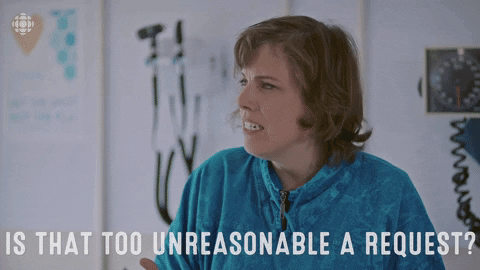



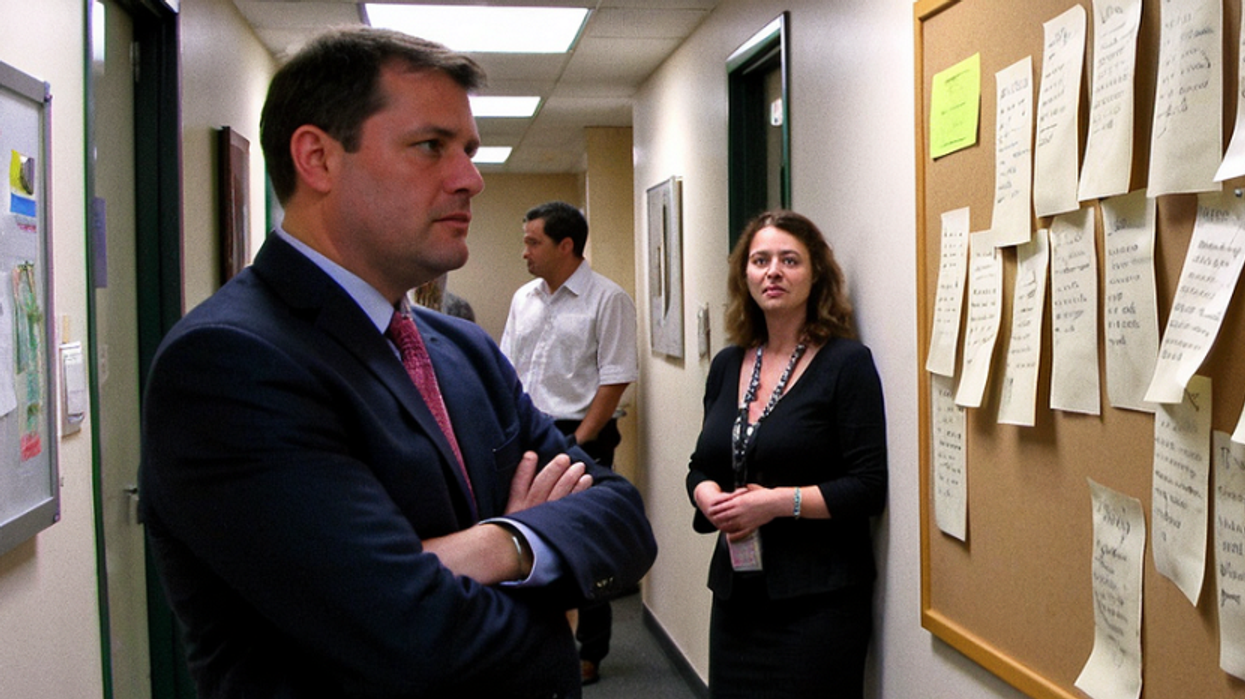
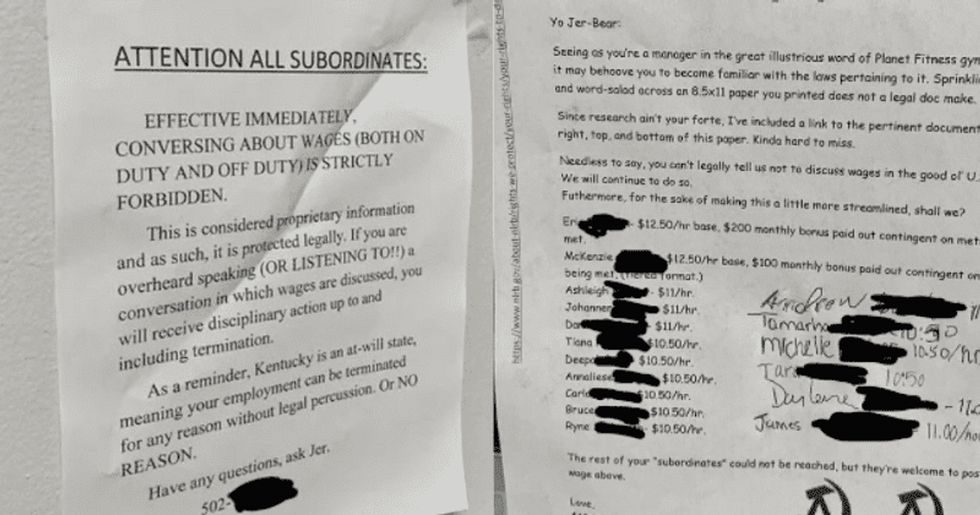 Image Source: Joshua Potash | Reddit
Image Source: Joshua Potash | Reddit 



 Representative photo by luis arias |
Representative photo by luis arias | 
 Representative photo by Jamie Lee |
Representative photo by Jamie Lee | 